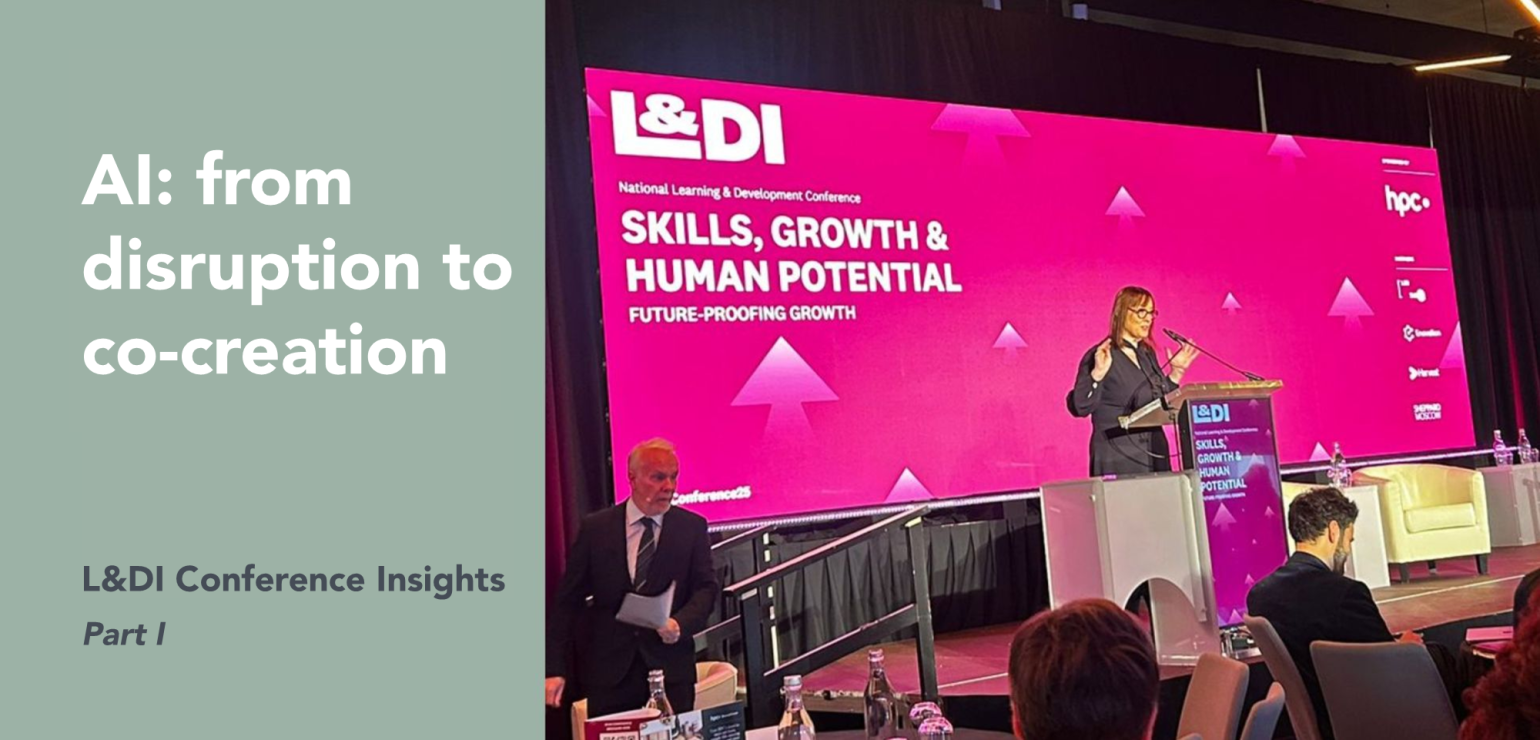Deeper collaboration and teamwork accelerates success

There is now widespread understanding that accelerated investment in infrastructure and construction activity will be a key element of governments’ fiscal responses to restart our post Covid-19 economies … but how do we guarantee real economic impact, in a manner which is fast, safe, and financially sustainable?
We have learnt a lot from our involvement in the development of a major new Petro-Chemical plant on the Gulf Coast of the USA for one of the world’s major Energy & Chemical companies. Construction is timed for the plant to come on-stream within a targeted window of market opportunity, in a region characterised by very high labour costs, and stringent environmental, and health & safety regulation.
With Sheppard Moscow support, an EPC partnership of European specialist engineers and American specialist construction contractors, have placed a bet on the successful deployment of new Collaboration, Concurrent Engineering, and Advanced Work Packaging construction methodologies to ensure they can build fast, safely, on time, and to a tight budget.
The radical potential of these new construction methodologies is widely understood in the construction industry, but people also know that success relies on unprecedented levels of collaboration, data exchange, and teamwork – rarely achieved or proven before in practice - between clients and contractors, contractors and contractors, and right through the supply chain.
For everybody involved, the stakes are high as they are seeking to demonstrate that petro-chemical plant construction on the Gulf Coast has a future.

With Sheppard Moscow’s coaching support for their leaders and their teams, the engineering and construction partners, together with their client, are pioneering a new approach to organisational effectiveness (OE) in large scale construction. There are several principles: first, leaders lead OE; second, shared values determine the difficult decisions; third, we learn together by doing (without blame or recrimination); and, finally, our culture – as regards safety and everything else – is determined and owned by everybody.
In practice, this has meant: structuring the enterprise as one team at every level, co-location where possible (and virtual co-location where not possible); careful attention to getting teams ready for collaboration with other teams, and for working as a ‘team of teams’; a particular focus on meeting protocols and behaviours in a multi-cultural, multi-disciplinary environment; and always ‘together going to the source’, always staying close to stakeholder realities, supplier realities, site realities, and the site workforce.
Despite the current Covid-19 crisis the engineering, procurement and construction work continues to progress, safely, on time and on budget – with civils completed and the first modules positioned on site – not just delivering this project but pathfinding a replicable model for future projects.
The E&P Director recently observed that
‘it’s taken a lot of hard work by many people to get us to this point, a great success for our teams who never gave up - amidst the coronavirus emergency in both continents – on this seemingly ‘mission impossible’! ’
Thus confirming what Sheppard Moscow’s years of experience in helping large scale construction projects - from railways to refineries – success has shown repeatedly: that aligned human systems are the key underpinning of success in complex technological ventures.

 Ally Salisbury
Ally Salisbury  Johnny Kelleher
Johnny Kelleher 
 Aoife Keane
Aoife Keane 
